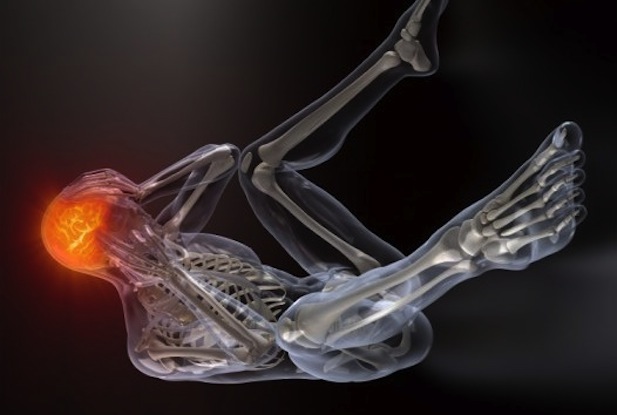Court of Appeal Restores Fairness to Those Who Suffered Psychological Impairments Stemming from an Accident

The Ontario Court of Appeal today released the decision in Pastore v. Aviva Canada. In this landmark decision, the Court of Appeal overturned a lower court decision that would have severely curtailed benefits for people that suffer from significant psychological impairments resulting from an accident.
The decision restores fairness for those most in need and provides them with access to much needed treatment.
Anna Pastore was 60 years old when she was in a motor vehicle collision in 2002. She suffered a fractured ankle and required multiple surgeries including the placement of metal screws in her ankle bone. The screws in her ankle started to break through her skin, necessitating further surgery and eventually leading to knee replacement surgery.
A team of doctors retained by the defendant in 2005 concluded that Mrs. Pastore suffered from an adjustment disorder, depression and a pain disorder that were all linked to her accident. The doctors concluded that Mrs. Pastore’s accident and subsequent surgeries created a marked impairment with respect to participating in her activities of daily living. Aviva’s own doctors concluded that she had suffered a catastrophic impairment.
“This is a significant designation for Mrs Pastore as it will open up a life-time of much needed medical and rehabilitation benefits,” said Jim Vigmond from Oatley, Vigmond who represented the Ontario Trial Lawyers on behalf of all those injured. ” The court clearly saw that any person who suffered from a marked impairment in their activities of daily living, as did Mrs Pastore, required on-going assistance.”
Aviva refused to accept the conclusion of its own doctors and argued that suffering a single marked impairment was insufficient. It denied further medical and rehabilitation benefits based on an incorrect interpretation of the law.
At issue was the wording of the Statutory Accident Benefits Schedule (SABS) that defines catastrophic impairment as including a person who suffers “a” marked impairment. Despite there being no dispute that Mrs Pastore suffered “a” marked impairment, Aviva continued to deny benefits based on its incorrect interpretation the SABS. “This is a case where “a” means one, as Mrs Pastore had argued all along, said Brian Cameron, who also represented the Ontario Trial Lawyers on behalf of all those injured. “We are happy that the court agreed with what seemed like the clear intention of this law.”
Jim Vigmond and Brian Cameron represented the Ontario Trial Lawyers to make submissions on behalf of all those injured, or who may be injured, in motor vehicle collisions.


